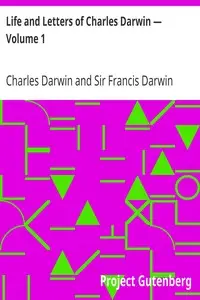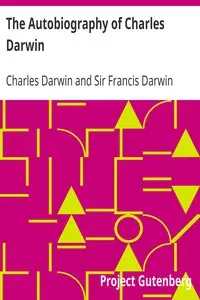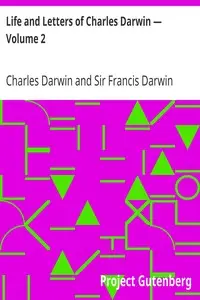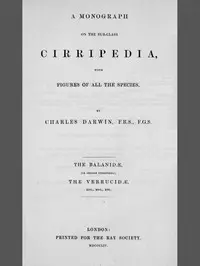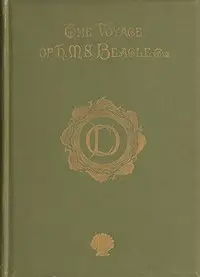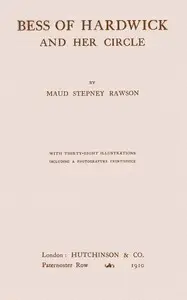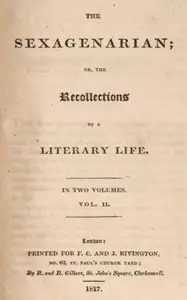"More Letters of Charles Darwin — Volume 1" by Charles Darwin is a compilation of previously unseen letters that offer a window into the life and mind of the famous scientist. Beginning with the editors explaining the importance of Darwin’s correspondence with important thinkers like Sir Joseph Hooker and Thomas Huxley, the book then presents an early autobiographical section where Darwin thinks back on his childhood and the events that shaped him. The letters themselves cover a range of subjects, from his revolutionary ideas on evolution, geology, and botany to more personal stories that reveal his personality and connections with others. Through these letters, readers gain a greater understanding of Darwin's scientific development and the world he lived in during the 19th century, mixing personal stories with the technical details of his work to deepen the reader involvement in Darwin's life.

More Letters of Charles Darwin — Volume 1 A Record of His Work in a Series of Hitherto Unpublished Letters
By Charles Darwin
Uncover the private thoughts and groundbreaking ideas of a legendary scientist as revealed through his personal letters and early memories.
Summary
About the AuthorCharles Robert Darwin was an English naturalist, geologist, and biologist, widely known for his contributions to evolutionary biology. His proposition that all species of life have descended from a common ancestor is now generally accepted and considered a fundamental scientific concept. In a joint publication with Alfred Russel Wallace, he introduced his scientific theory that this branching pattern of evolution resulted from a process he called natural selection, in which the struggle for existence has a similar effect to the artificial selection involved in selective breeding. Darwin has been described as one of the most influential figures in human history and was honoured by burial in Westminster Abbey.
Charles Robert Darwin was an English naturalist, geologist, and biologist, widely known for his contributions to evolutionary biology. His proposition that all species of life have descended from a common ancestor is now generally accepted and considered a fundamental scientific concept. In a joint publication with Alfred Russel Wallace, he introduced his scientific theory that this branching pattern of evolution resulted from a process he called natural selection, in which the struggle for existence has a similar effect to the artificial selection involved in selective breeding. Darwin has been described as one of the most influential figures in human history and was honoured by burial in Westminster Abbey.



